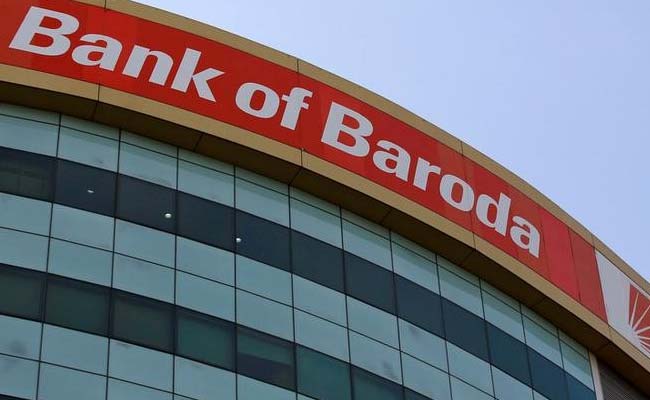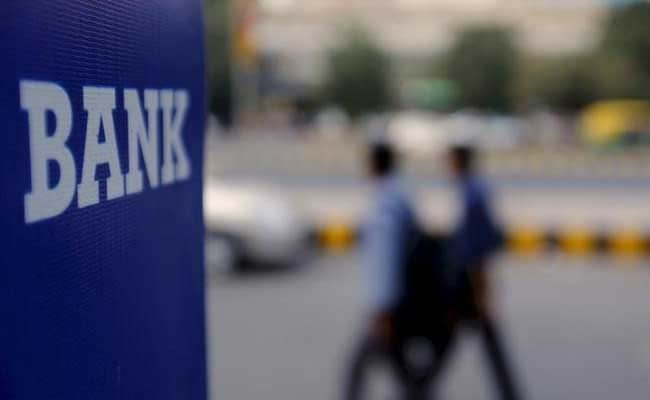The news going around is that the government wants Life Insurance Corporation (LIC) of India to pick up a majority stake in the troubled IDBI Bank. This is wrong at multiple levels.
Let's try and understand this in detail.
1) Among all public sector banks, IDBI Bank is in the worst situation. It has a bad loans ratio of close to 28%. This basically means that Rs 28 out every Rs 100 the bank has given out as a loan, hasn't been repaid for 90 days or more.
In simple English, the government is basically unloading its junkiest bank on the insurance behemoth, and hence, on the people of this country.
As on March 31, 2018, the bank had Rs 55,000 crore worth of bad loans. Over and above this, it has stressed loans of Rs 60,000 crore, which means that the bad loans of the bank can keep going up in the months to come.
There is a school of thought that says that LIC should be allowed into the banking sector. But on the basis of what? What expertise does LIC have in the core-banking area?
2) Currently, LIC owns 10.82% stake in IDBI Bank. If it has to own a 51% stake, it needs to buy 40.82% stake more from the government. This would cost LIC Rs 9,895 crore at its current valuation. That is basically small change for the insurance behemoth. But that is not where it will stop. As the majority owner of the bank, LIC will have to keep infusing capital into the bank, to keep it going, in the years to come. And this is where things get complicated.
3) The government is killing two birds with one stone. First, it will get some money out of LIC for buying IDBI Bank (we will discuss this in detail, later in the piece). Second, if it had continued to own IDBI Bank, it would have had to continue providing capital to the bank, in the future. That obligation now comes down, with LIC also having to provide capital.
4) Many analysts feel that LIC buying IDBI Bank, will be like ONGC buying HPCL, and money from one arm of the government will move to another arm. When ONGC bought HPCL it paid money to the government. Given that ONGC is also majorly owned by the government, money from one arm of the government moved to another arm.
Applying the same logic, in case of LIC buying IDBI Bank, is incorrect. Why?
The money that LIC has is what investors/savers have handed over to it, over the years. This is the money that LIC collets as premium from policyholders every year. It is not government money. It is the money that the average Indian has handed over to LIC, because he or she trusts LIC to do a good job of it, by investing it in the safest possible way.
(On a different, the ONGC-HPCL deal also comes with costs attached. The cash on the books of ONGC came down dramatically after it bought HPCL from the government. This means its ability to search for more oil came down as well. In the years to come, India's dependence on imported oil, will only increase. The company also had to borrow money to pay for HPCL, increasing its debt. All this was done to make sure that the government fiscal deficit came down).
5) By using this money to buy IDBI Bank, LIC is essentially abusing the faith that the average Indian has in it. Of course, this is not the first time it is happening. In the past, LIC has been used to rescue public sector initial public offerings as well as further public offerings. But those companies still had some business. IDBI Bank is pure junk.
The situation becomes even worse when you realise that the average investor in LIC, is basically financially illiterate. And all he has is faith.
6) One theory that has been offered is that if IDBI Bank turns around in the years to come then LIC will benefit from it. It is worth remembering here that LIC is not a hedge fund. It also not an asset reconstruction company or a private equity fund, which essentially can buy a business down in the dumps, and hope to turn it around.
Long-story short, LIC is not in the business of speculating on the hard-earned savings of the average Indian citizen. Simple.
7) How does the government benefit from this? First and foremost it earns close to Rs 10,000 crore by dumping a junk bank on the citizens of this country. This helps in meeting the disinvestment target of Rs 80,000 crore for this year. Genuinely achieving this target has become difficult for the government given that the planned privatisation of Air India hasn't gone anywhere. Hence, it has had to resort to such tricks.
Secondly, with LIC now being a major owner it will have to keep providing capital to keep the bank going. That will mean one headache lesser for the government. All this essentially helps the government in controlling the fiscal deficit number. Fiscal deficit is the difference between what a government earns and what it spends.
8) Another point that needs to be made here is that once one junk bank has been sold to LIC, what is the guarantee that this is where it will stop. The government owns many junk banks, for which it needs to constantly keep providing capital to keep them going.
The more such banks the government sells to LIC and other public sector enterprises, the better its fiscal deficit number is.
Have the floodgates been opened? Will the State Bank of India next buy Indian Overseas Bank next?
9) LIC owns a stake in each of the 21 public sector banks. This is not surprising given that it is in the business of investing. However, it owns more than 10% stake in six public sector banks. In fact, it owns more than 9% stake in ten public sector banks. In 2015 and 2016, LIC bought preferential share issues of many public sector banks.
When this was happening, SS Mundra, then deputy governor of the Reserve Bank of India had told the Business Standard in an interview that LIC's high exposure in banks can impact financial stability.
As he had said:
"Suppose the banking sector is not doing well and is in trouble, the equity holding of LIC will see a value erosion. This effects the capability of the insurer to serve their policyholders. The other interconnected issue is if LIC wants a fire-sale of the shares, then it creates a contagion in the markets. In any case, if too much of bank shares are held by one entity, the habit and capability of banks in tapping the market gets impacted. This has an implication for financial stability."
The point being that LIC already has enough exposure to the public sector banking sector. Over and above this, with 71% share in the first year's premium in the insurance sector, LIC is already a too-big-to-fail institution. If it starts owning banks as well, the concentration of risk will be tremendous. And that is clearly not advisable.
10) There is no free lunch in economics. Individuals who buy LIC policies will have to pay for this and other such disastrous decisions in form of lower returns. There has been a lot of talk about how every LIC policy comes with a sovereign guarantee. But the guarantee is on the capital and not on the returns.
Also, if the situation does arise, it is worth asking how will the government fulfil the sovereign guarantee? Either by printing money or by borrowing more, and both come with costs attached to it. So, sovereign guarantee doesn't mean anything, if it has to be encashed.
11) And finally, dumping IDBI Bank on to LIC, is definitely not an example of saaf niyat, as the country has been promised. If the government wants to continue to own IDBI Bank, then it should continue to provide capital to the bank, and account for it in the fiscal deficit number. These financial tricks are not going to help anyone. They are just going to postpone a problem and in the process create a bigger one.
source from vivek kaul's dairy






